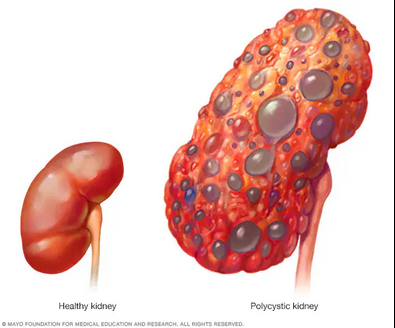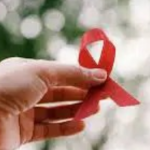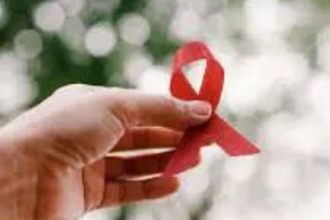Kidney damage is often referred to as a “silent killer” because it can progress without any noticeable symptoms until it’s too late. However, doctors are trained to recognize early warning signs that can point to kidney problems before they become life-threatening…...CONTINUE READING
Here are 8 critical signs of kidney damage that you should never ignore:
1. Frequent Urination, Especially at Night (Nocturia)
If you find yourself needing to urinate more often than usual, especially during the night, it could be a sign that your kidneys are struggling to filter waste properly.
2. Changes in Urine Color or Appearance
Healthy urine is light yellow and clear. If you notice your urine becoming darker, foamy, or if there’s blood, it could indicate kidney damage. Dark-colored urine can be a sign of hematuria (blood in urine) or dehydration, both of which are concerning.
3. Swelling in the Legs, Ankles, and Feet
When kidneys aren’t working properly, they may fail to remove excess sodium and fluids, leading to fluid retention and noticeable swelling (edema), particularly in the lower limbs.
4. Fatigue and Weakness
Kidney damage can lead to anemia (low red blood cells), causing persistent fatigue and weakness. When kidneys fail to produce adequate amounts of erythropoietin (a hormone that stimulates red blood cell production), energy levels can plummet.
5. Persistent Itching or Skin Rash
An increase in waste products like urea can build up in the blood, causing itching or rashes. This is a common symptom of uremia, a condition often associated with kidney dysfunction.
📚 Related Post: “Boil Ginger and Cassava Leaves Frequently To Treat These Common Diseases Naturally”
6. Shortness of Breath
Kidney disease can cause a buildup of fluids in the body, including in the lungs, which leads to shortness of breath. This can also occur if anemia leaves the body deprived of oxygen.
7. High Blood Pressure (Hypertension)
Chronic kidney disease can cause or worsen high blood pressure. Damaged kidneys may be unable to regulate blood pressure effectively, leading to further damage.
8. Nausea and Vomiting
If kidney function is severely impaired, waste builds up in the blood, causing nausea, vomiting, and loss of appetite. This symptom is particularly common in advanced kidney disease or kidney failure.
What Should You Do If You Notice These Symptoms?
If you notice any of these signs, it’s essential to see a doctor for early testing and diagnosis. Doctors may use urine tests, blood tests, or even a kidney ultrasound to determine the extent of kidney damage.
Preventing Kidney Damage
While some causes of kidney damage, such as genetics, may be unavoidable, there are ways to protect your kidneys:
-
Stay hydrated by drinking plenty of water
-
Avoid excessive salt and sugar intake
-
Control blood pressure and blood sugar levels
-
Exercise regularly and maintain a healthy weight
-
Limit alcohol and smoking
Early detection of kidney damage is crucial for preventing kidney failure. By paying attention to the warning signs, you can take proactive steps to protect your kidneys and improve your overall health.
If you notice any of these symptoms, seek medical attention immediately. Early intervention can make all the difference.
📚 Related Post: “Boil Ginger and Cassava Leaves Frequently To Treat These Common Diseases Naturally”






